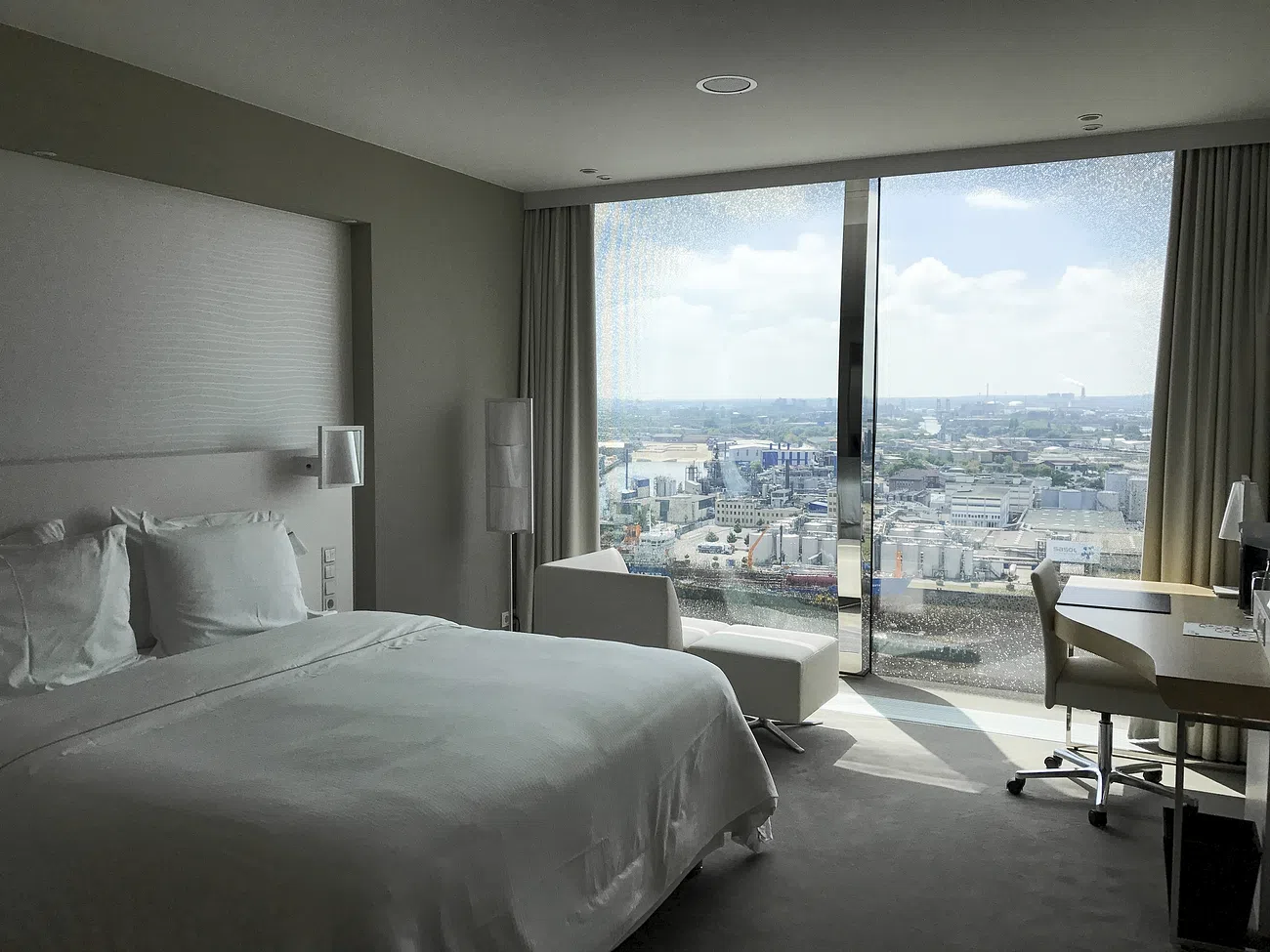
Morgan Sperry is a student at Harvard Law School and also serves as OnLabor's Social Media Director.
In today’s News and Commentary, Los Angeles hotel staff are on strike and Texas workers are dying of heat-related causes.
Thousands of hotel workers in Los Angeles went on strike on Sunday—ahead of the July Fourth holiday—seeking higher pay and better benefits. Unite Here Local 11, which is representing the workers, explained that “[w]orkers have been pent up and frustrated and angry about what’s happened during the pandemic combined with the inability to pay their rent and stay in Los Angeles.” Since April, the striking cooks, room attendants, dishwashers, servers, bellmen, and front-desk agents have been pushing for a new contract that guarantees them an immediate $5 hourly wage increase and a $3 boost annually for three years. Critically, this year’s agreements will govern through the 2026 World Cup and the 2028 Olympics, which will draw millions of tourists to the LA area. The hotel workers join a cohort of other Southern California workers who have gone on strike in the preceding months, including dockworkers and WGA writers.
Workers in Texas are dying heat-related deaths as temperatures soar to nearly 120 degrees Fahrenheit. The tragedies come mere days after Texas Governor Greg Abbott signed a state law invalidating Austin and Dallas mandates that employers offer breaks for construction workers and prohibiting localities from passing similar pro-worker legislation moving forward (for more on the new law, see Linh’s reporting from last week). Many Texans work inside without air conditioning, and others work outside. Without protections from the state, localities, or their employers, workers are relying upon the OSHA-NIOSH Heat Safety Tool to stay alive.






Daily News & Commentary
Start your day with our roundup of the latest labor developments. See all
July 4
The DOL scraps a Biden-era proposed rule to end subminimum wages for disabled workers; millions will lose access to Medicaid and SNAP due to new proof of work requirements; and states step up in the noncompete policy space.
July 3
California compromises with unions on housing; 11th Circuit rules against transgender teacher; Harvard removes hundreds from grad student union.
July 2
Block, Nanda, and Nayak argue that the NLRA is under attack, harming democracy; the EEOC files a motion to dismiss a lawsuit brought by former EEOC Commissioner Jocelyn Samuels; and SEIU Local 1000 strikes an agreement with the State of California to delay the state's return-to-office executive order for state workers.
July 1
In today’s news and commentary, the Department of Labor proposes to roll back minimum wage and overtime protections for home care workers, a federal judge dismissed a lawsuit by public defenders over a union’s Gaza statements, and Philadelphia’s largest municipal union is on strike for first time in nearly 40 years. On Monday, the U.S. […]
June 30
Antidiscrimination scholars question McDonnell Douglas, George Washington University Hospital bargained in bad faith, and NY regulators defend LPA dispensary law.
June 29
In today’s news and commentary, Trump v. CASA restricts nationwide injunctions, a preliminary injunction continues to stop DOL from shutting down Job Corps, and the minimum wage is set to rise in multiple cities and states. On Friday, the Supreme Court held in Trump v. CASA that universal injunctions “likely exceed the equitable authority that […]